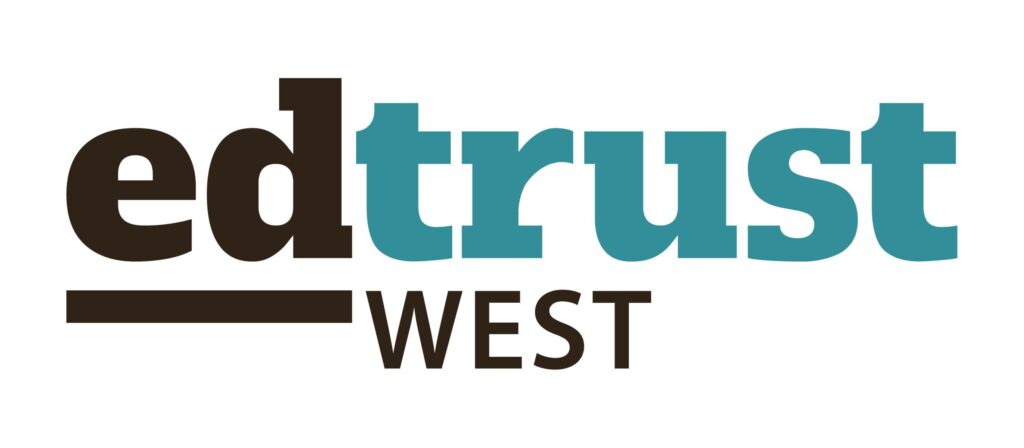OAKLAND, CA (June 17, 2009) “Yesterday’s vote by the state’s Budget Conference Committee to eliminate the California High School Exit Exam (CAHSEE) as a graduation requirement represents a huge step backward for California’s schools and students. Attempting to dig our way out of the current fiscal crisis by pillaging our education system ensures that we will still be digging our way out of this same hole—or rather our children will—for many years to come. It is unfair and simply short-sighted to fundamentally undue past improvements in order to apply short-term budgetary band-aids that will have long-term devastating impacts.
Establishing the standards by which students earn a high school diploma is a critical decision that ought to be driven by what is best for our schools and communities, and not by attempts to minimally reduce expenses. All Californians need to know that a high school diploma represents actual skill demonstrated and knowledge obtained—not merely time served. The CAHSEE, although a minimum competency exam, does just that. At a time when California already lags behind the rest of the country, and indeed the world, in nearly every measure of academic achievement, it is inconceivable that state leaders would further lower expectations for students, and backpedal on this critical aspect of guaranteeing every diploma has real value.
In addition, the CAHSEE shines a bright light on decades-old patterns of inequity and is a clear measure that holds all stakeholders accountable for fixing these patterns. If we lose the CAHSEE and the accountability it represents, we run the very real risk of also losing the focus and resources it brings to bear on the students and schools who have most benefitted from increased attention and increased support. Indeed, overall pass rates have improved for each graduating class since the class of 2006. Ninety percent of Latino students and 88 percent of African-American students from the class of 2008 met the CAHSEE requirements, demonstrating the greatest gains of all student groups.
To be sure, our state’s budgetary situation is grim, and hard choices need to be made. This is undeniable. But we will never right the economic hardships our state faces by enacting measures that shortchange our students, particularly low-income students and students of color. The quality of the education we provide to our young people and the future economic stability of our state are forever and irrevocably linked. It is simply not possible to grow our economy by cutting back on education.”
Linda Murray, Acting Executive Director

